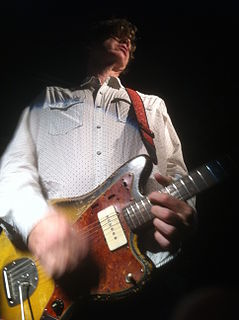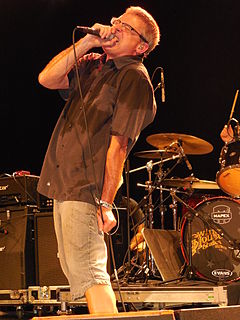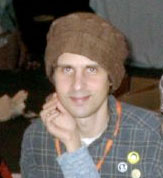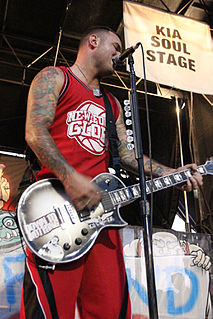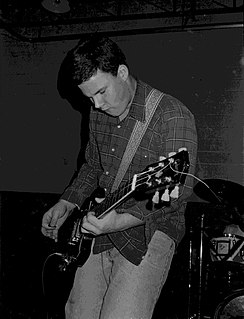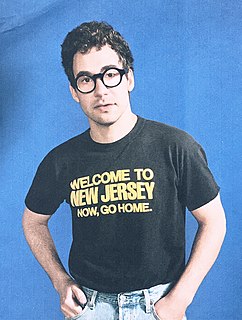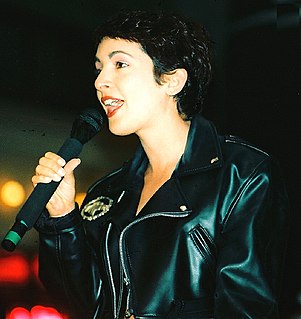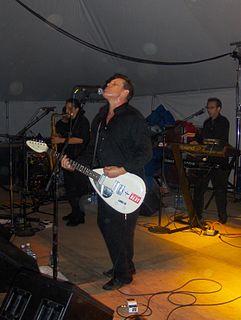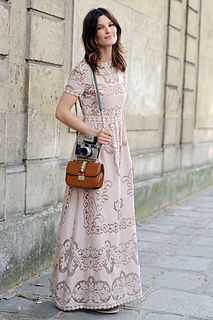A Quote by Kelela
A lot of people of color in the music industry are still more interested in embracing things that are considered white canon, and looking radical. Like when people point to punk in the indie world: If you point to the history of punk as what you see as your legacy, that's more prized and praised.
Related Quotes
To begin with, the key principle of American indie rock wasn't a circumscribed musical style; it was the punk ethos of DIY, or do-it-yourself. The equation was simple: If punk was rebellious and DIY was rebellious, then doing it yourself was punk. 'Punk was about more than just starting a band,' former Minutemen bassist Mike Watt once said, 'it was about starting a label, it was about touring, it was about taking control. It was like songwriting; you just do it. You want a record, you pay the pressing plant. That's what it was all about.'
Punk rock was the first thing I found in my life that made me feel acceptable. The thing that got me into punk rock was the idea, "You're fine just the way you are." It sounds kind of dorky, but you don't have to make excuses for who you are or what you do. When you find something like punk rock, not only is it okay to feel that way - you should embrace your weirdness. The world is totally messed up, and punk rock was a way to see that and work with it without candy-coating it. It was saying, "Yeah, the world is this way, but you can still do something about it. Take energy from that."
I made the big turnaround in the early Nineties when I started hearing all the tenth generation punk bands like Green Day and Offspring and all those people. It just made me fall in love with punk again and remember my roots, and since that time I've always wanted to do more of that kind of music again.
We found that if you played a bunch of punk singles in a row, people would dance like crazy and then get worn out and go somewhere else in the house. And if you played reggae all the time, people ended up leaning against the walls and nodding their head. But if you mixed it up, the floor got more and more packed, and the energy from the two types of music seemed to feed into each other, and the adrenaline from the punk, and the seductive sway of the reggae seemed to fit together.
I think now you see a lot more British films from the perspective of, I guess what would be considered "new" British people - people of color, Asian people. I think that's what's happening now, whereas 20 years ago it couldn't happen because it was still predominantly, "British film is about middle-class white families and what they do."





